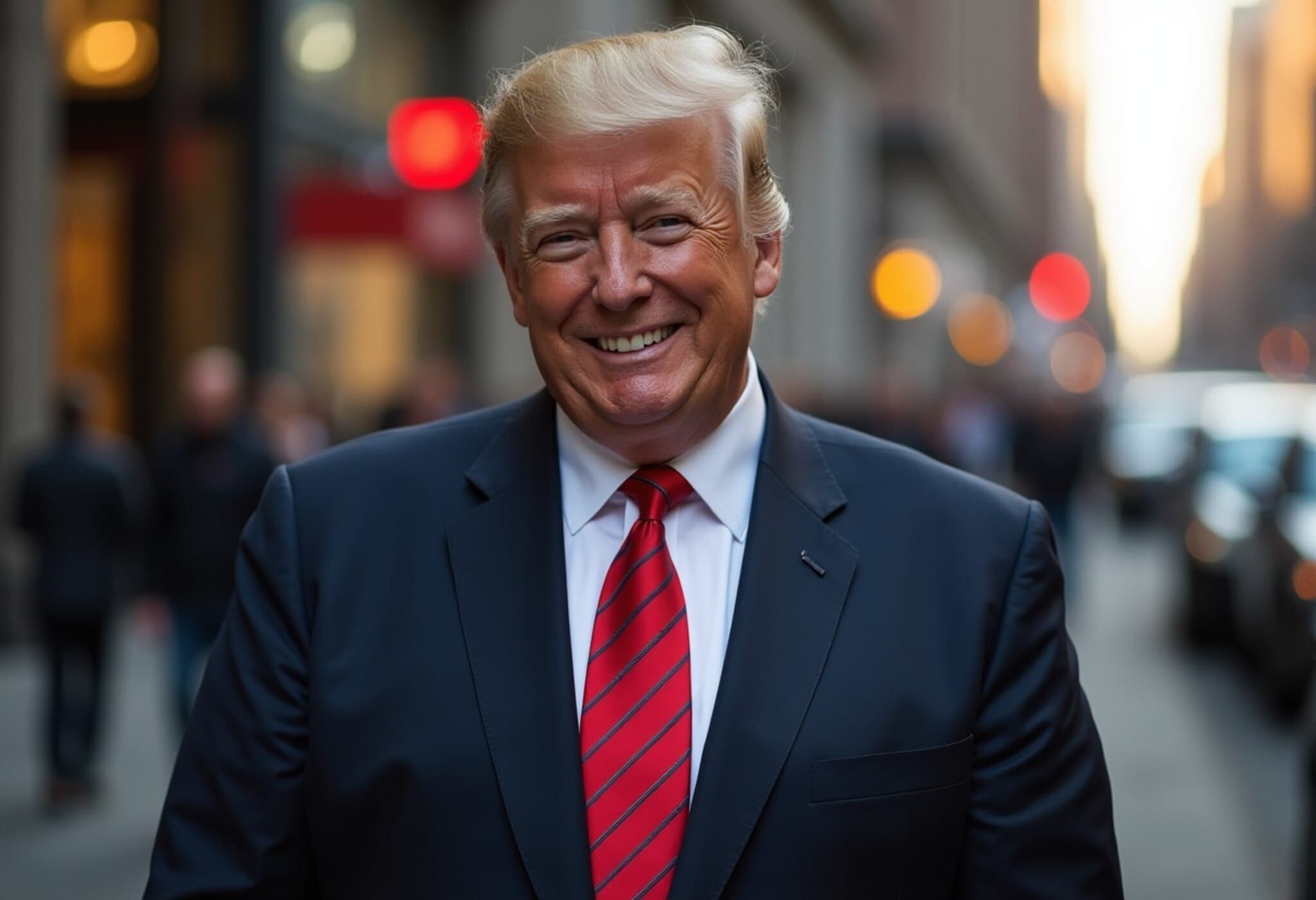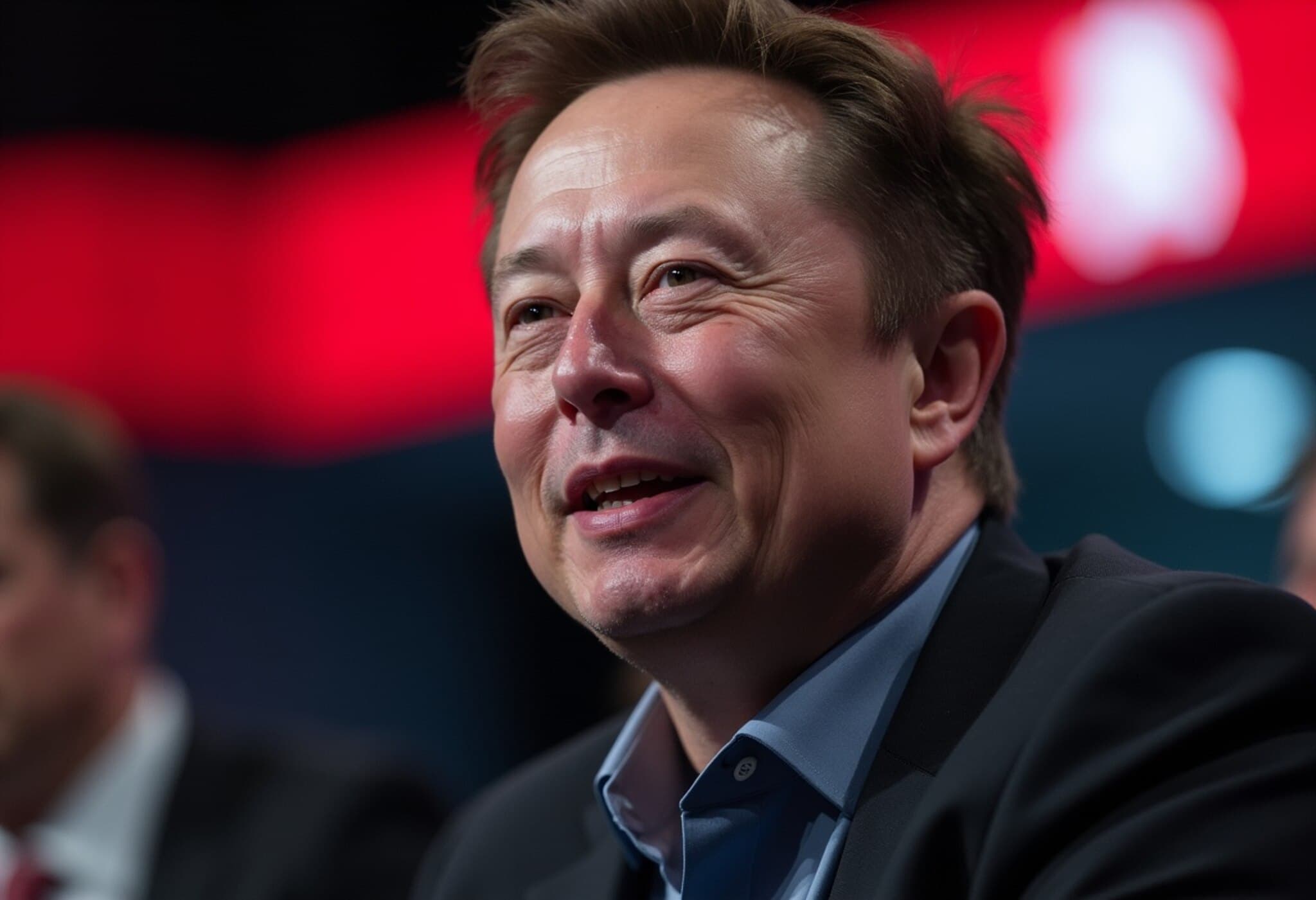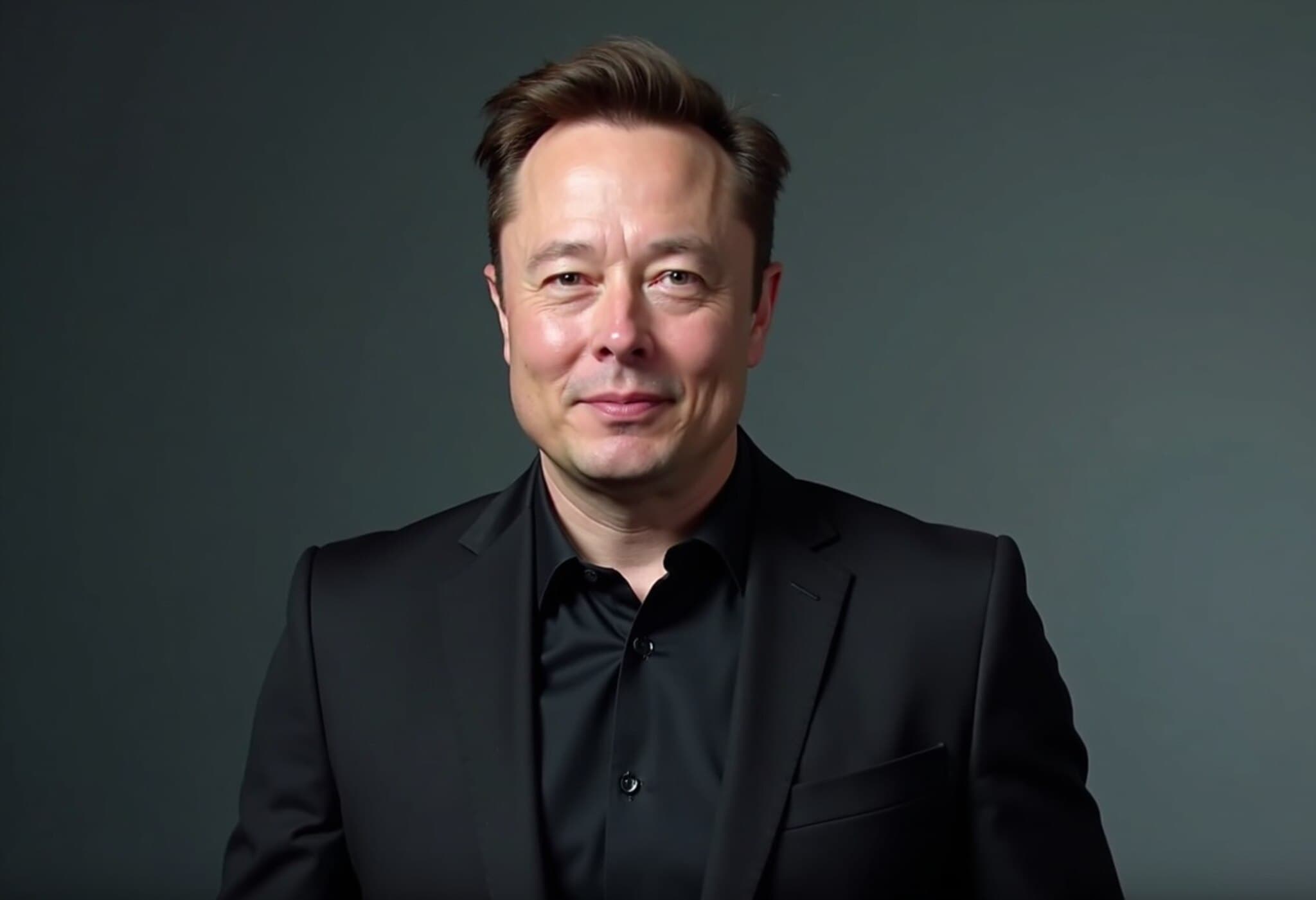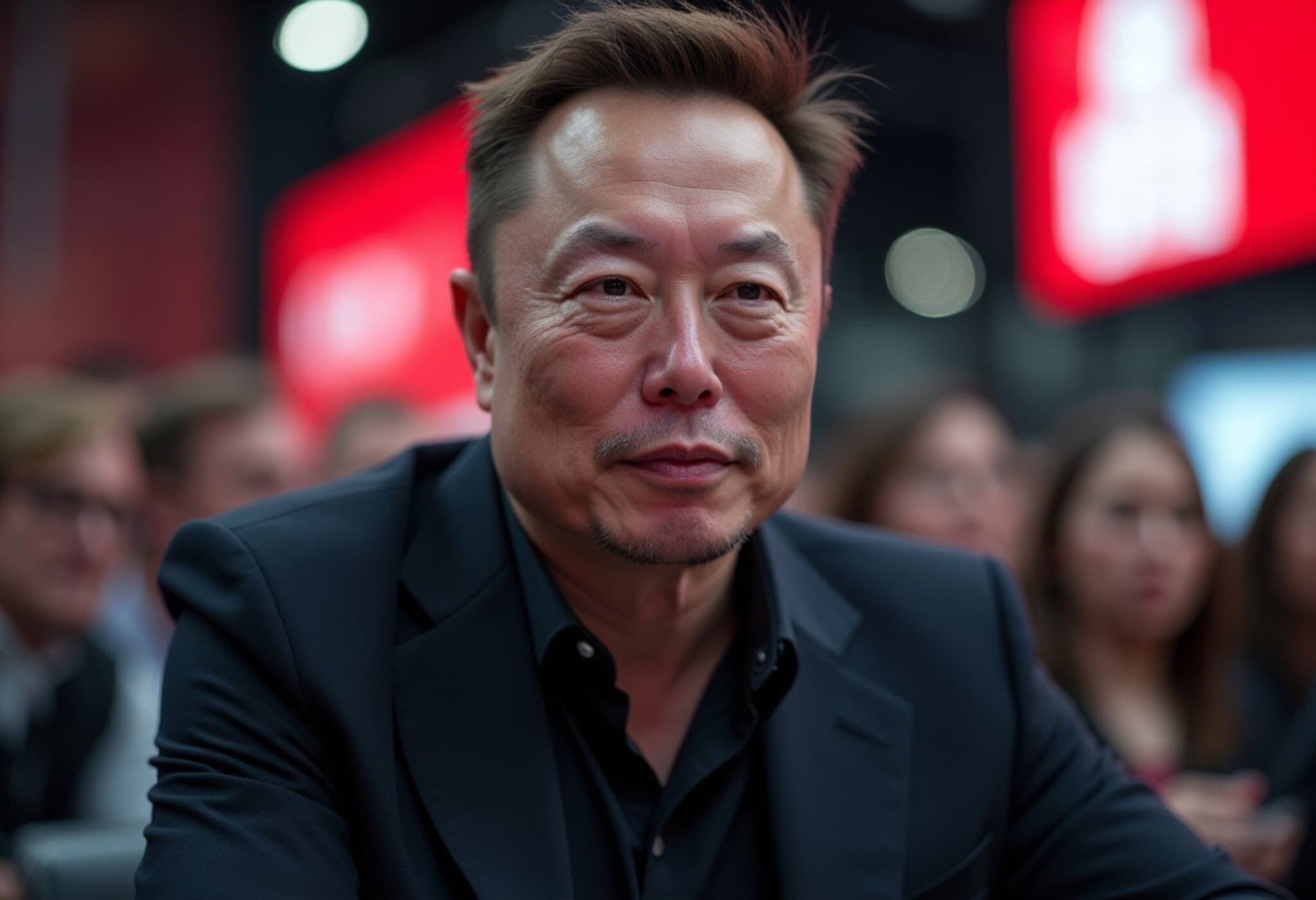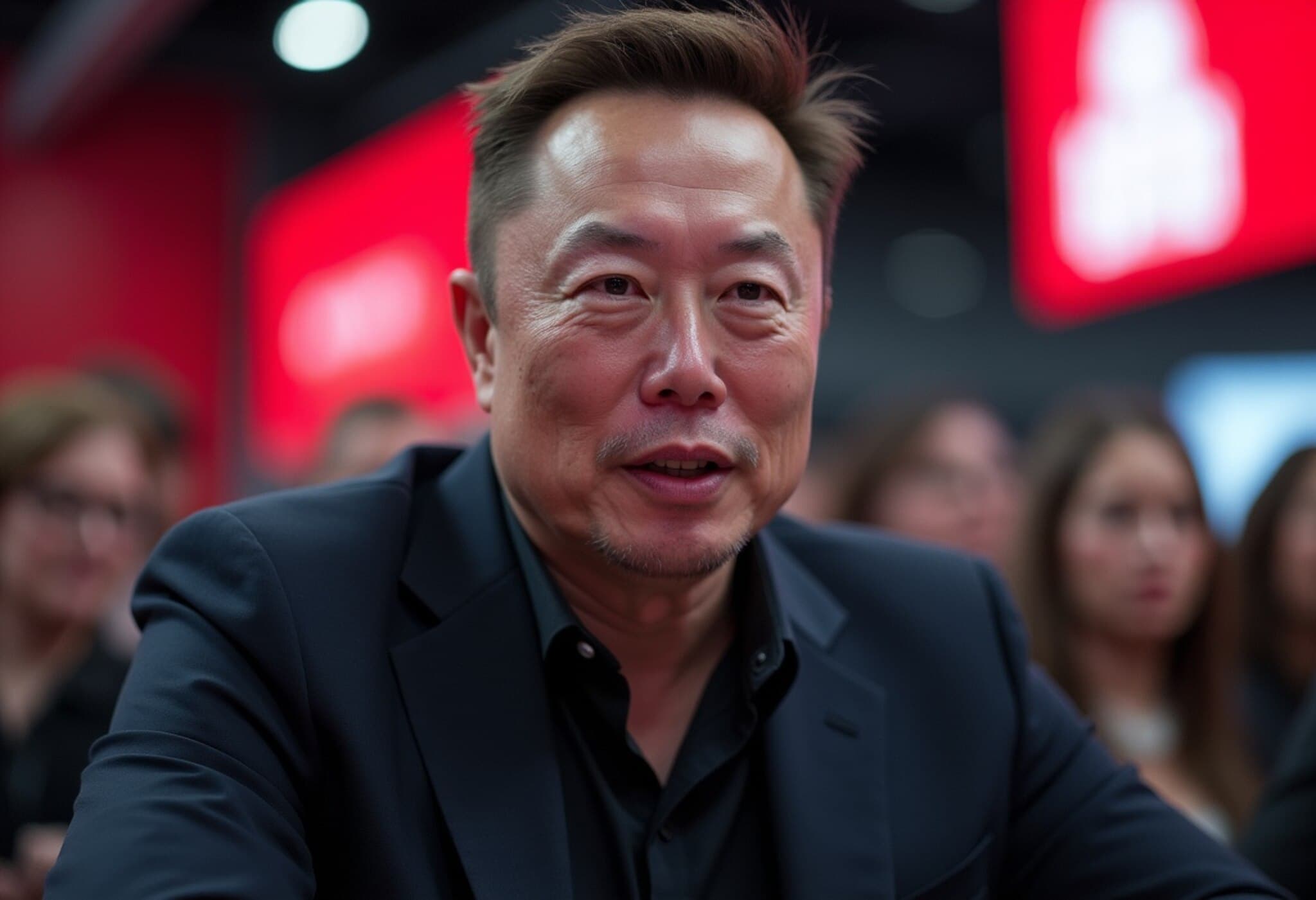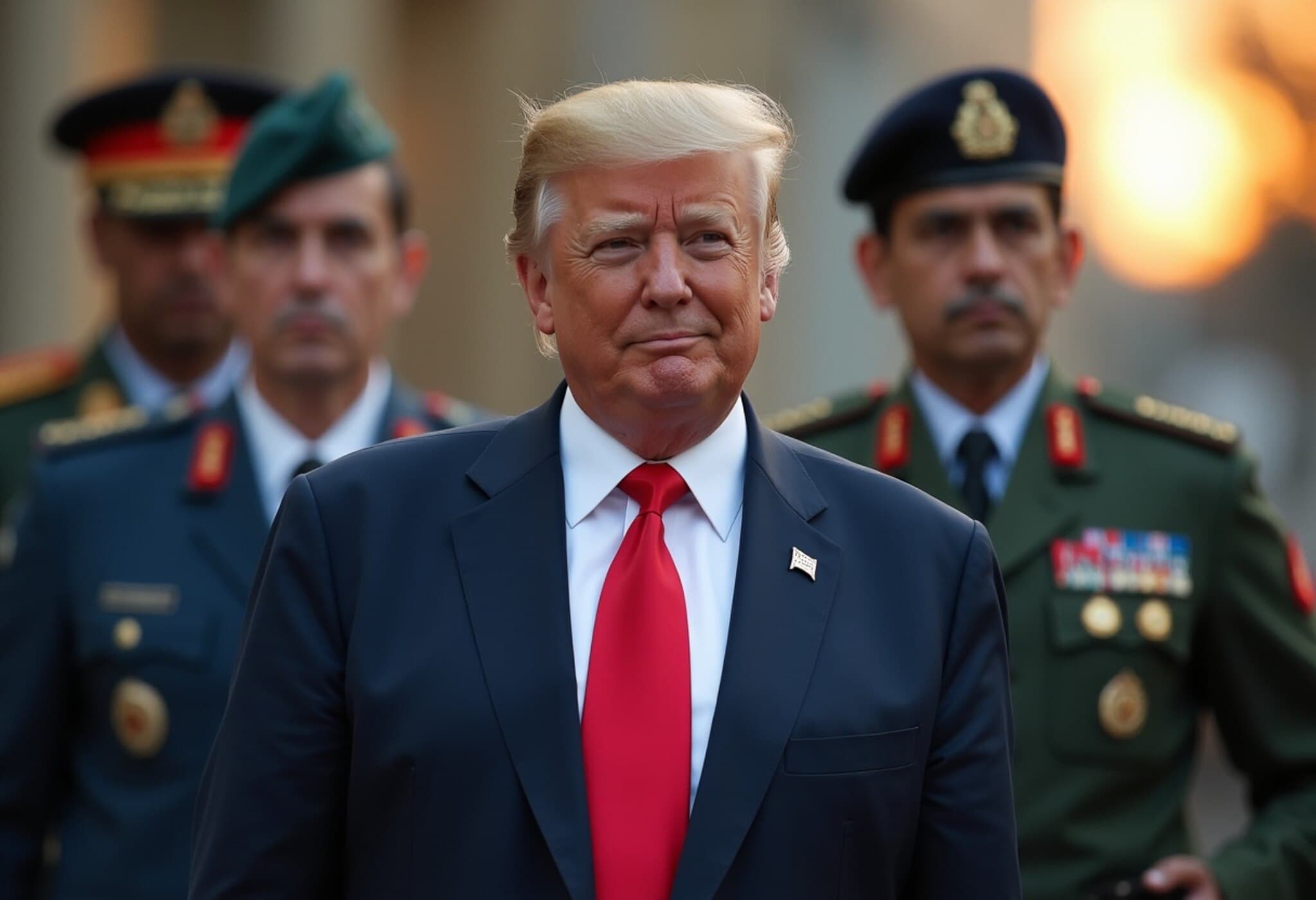Elon Musk Receives Extension to Address SEC’s Twitter Stock Disclosure Lawsuit
Elon Musk, the billionaire entrepreneur behind Tesla, SpaceX, and Twitter, has been granted an additional six weeks to respond to a Securities and Exchange Commission (SEC) lawsuit accusing him of failing to timely disclose his ownership stake in Twitter during its 2022 acquisition process.
Background of the SEC Lawsuit
The SEC filed its complaint in January 2025, alleging that Musk violated securities laws by not promptly reporting a significant purchase of Twitter shares in early 2022. This delay allegedly allowed him to underpay by at least $150 million for shares he acquired after the deadline for beneficial ownership disclosure had passed.
Timely disclosure of stock ownership is critical under U.S. securities law to ensure transparency and maintain a fair playing field for all investors. The SEC asserts that Musk's actions compromised these principles and seeks a jury trial, civil penalties, and disgorgement of his unjust enrichment.
Key Updates: New Deadline Set for Musk’s Response
Initially, Musk's deadline to answer the lawsuit was June 6, 2025. It was then extended to July 18 and now pushed further to August 29, 2025, following a joint motion filed by the SEC and Musk’s legal team in U.S. District Court, Washington, D.C. This extension reflects ongoing negotiations and procedural considerations ahead of the trial.
The Acquisition Context and Broader Implications
In April 2022, Musk finalized his acquisition of Twitter for approximately $44 billion, later rebranding the company as X. This high-profile deal has faced intense scrutiny, not only for the stock disclosure controversy but also for broader concerns about social media governance, corporate transparency, and market impacts.
Experts note that this case underscores the challenges of regulatory oversight in the era of tech giants and celebrity CEOs. While Musk’s defense team has labeled the SEC lawsuit a “sham,” the ongoing legal process will set important precedents about disclosure obligations, particularly when high-stakes acquisitions are involved.
Expert Insight: The Stakes for Corporate Accountability in Tech
Industry analysts emphasize the importance of this lawsuit beyond Musk as an individual. Sarah Lawson, a corporate governance expert, states: “This case is a litmus test for how aggressively the SEC will enforce disclosure rules among influential tech leaders whose moves can sway markets globally. Transparent reporting is foundational to investor confidence.”
Moreover, from an economic perspective, any finding that Musk underreported ownership could trigger increased scrutiny of shareholders in other tech mergers, potentially reforming disclosure standards to prevent similar situations.
Looking Ahead: What to Watch
- The SEC’s approach in seeking penalties could redefine enforcement strategies around insider disclosure.
- The impact of this case might ripple into regulatory discussions on social media ownership and corporate responsibility.
- Market observers will closely monitor Musk’s legal responses to gauge the future of oversight for billionaire-led tech acquisitions.
Editor’s Note
The extension granted to Elon Musk to respond to the SEC lawsuit highlights a complex intersection of regulatory enforcement, corporate governance, and high-stakes technology transactions. As this drama unfolds, it invites broader reflection on how transparent corporate practices truly are in the age of mega-cap tech companies led by multifaceted entrepreneurs. Will this case reinforce the SEC’s role as a gatekeeper for market fairness, or reveal gaps in regulatory mechanisms when dealing with powerful industry titans? Readers should watch this space closely, as the outcome could influence not only legal standards but also public trust in how corporate America is governed.


